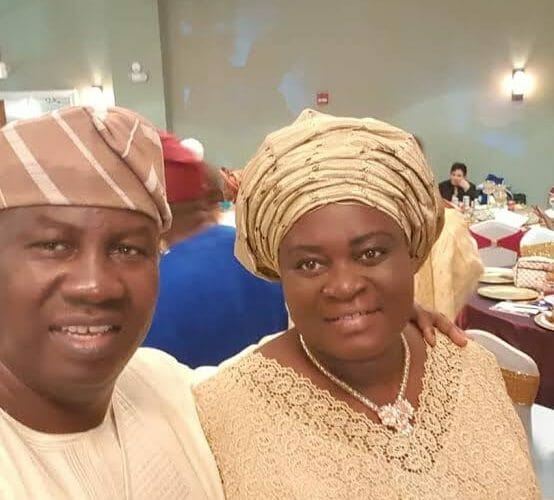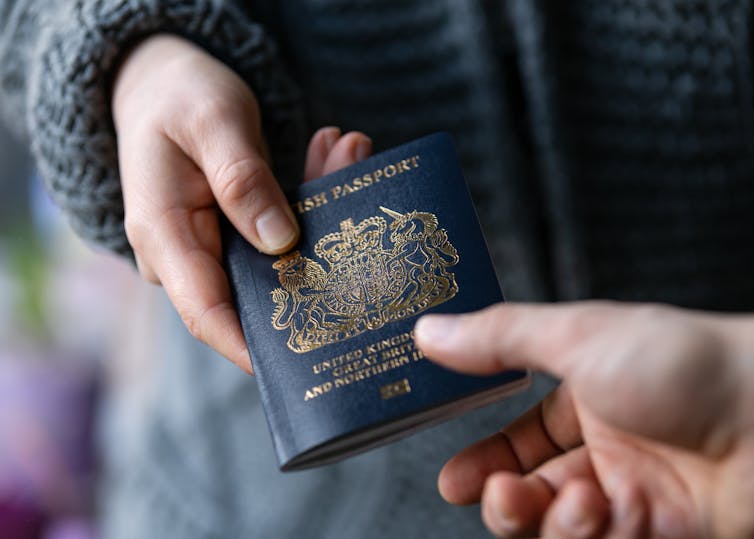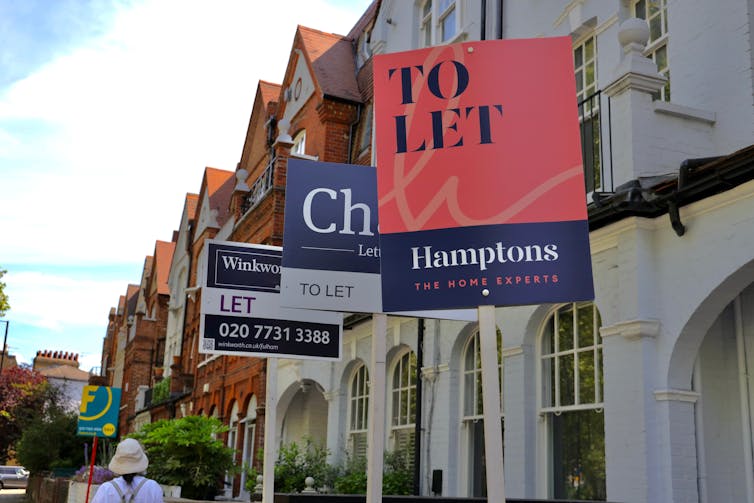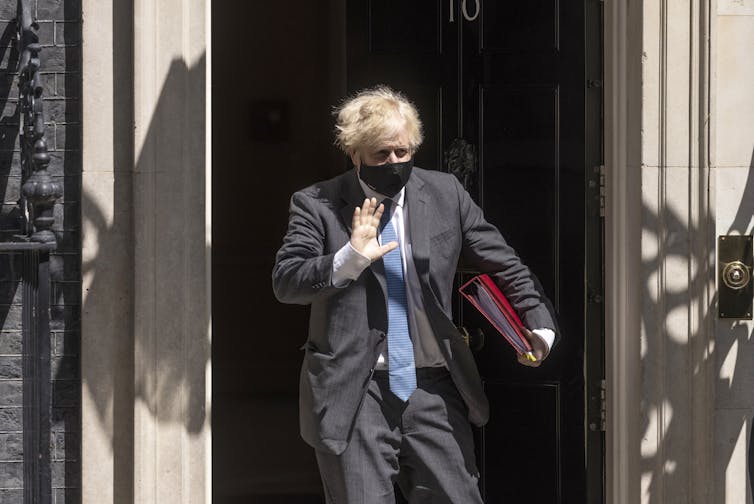Because of the growing effect of Covid-19 and workers shortage, the United Kingdom government is desperately searching from anywhere in the world ‘care assistants and nursing home staff’ with little or no professional training, to come in for a minimum £20,480 salary per year.
The UK Department of Health and Social Care announced in a statement plans to expand the Health and Care visa scheme to recruit care workers.
The Health and Care Worker visa was unveiled in August 2020 and it permits medical professionals “to come to UK and work with the NHS, an NHS supplier or in adult social care,” part of the statement said.
The Visa offers 50 per cent visa fee reduction, an exemption from the Immigration Health Surcharge and a speedier decision following application.
The offer is open to “care assistant, care worker, carer, home care assistant, home carer and support worker (nursing home).”
The decision was taken as part of efforts to tackle the pandemic challenges.
“Thousands of additional care workers could be recruited to boost the adult social care workforce following temporary changes to the health and care visa to make social care workers, care assistants and home care workers eligible for a 12-month period.
“This will make it quicker, cheaper and easier for social care employers to recruit eligible workers to fill vital gaps.
“The coronavirus pandemic has highlighted a range of staff shortages within the social care sector, placing pressures on the existing workforce, despite the incredible and tireless efforts of social care staff.
“This boost follows the recommendation from the Migration Advisory Committee (MAC) to make care workers and home carers eligible for the Health and Care visa and add the occupation to the Shortage Occupation List (SOL).
“Inclusion on the Shortage Occupation List will stipulate an annual salary minimum of £20,480 for carers to qualify for the Health and Care visa.
“The UK is committed to becoming a high-skilled, high-wage economy and minimum salaries must reflect the professional skills that are required to provide quality care.
“The Health and Care visa will allow applicants and their dependents to benefit from fast-track processing, dedicated resources in processing applications and reduced visa fees.
“The temporary measures are expected to come into effect early next year and will be in place for a minimum of 12 months, providing a much-needed staffing boost while the sector deals with the additional pressures of the pandemic, at which point they will be reviewed.”
On Visa sponsorship, Health and Social Care Secretary Sajid Javid said, “It is vital we continue to do all we can to protect the social care sector during the pandemic and beyond.
“These measures, together with the series of support packages announced since September, will help us ensure short term sustainability and success for our long-term vision to build social care back better.
“I also urge all care staff yet to do so to come forward to Get Boosted Now to protect themselves and those they care for.
“Providers who are new to visa sponsorship will be supported through the process through a series of engagement activities in January and February, to introduce them to the system and find out how to act as a visa sponsor.“Care providers who do not already hold a sponsor licence in the Skilled Worker route can prepare to take advantage of the offer by registering for a sponsorship licence ahead of implementation.
“Care workers and carers recruited to the UK will be able to bring their dependents, including partner and children, with the Health and Care visa offering a pathway to settlement should they remain employed and wish to remain in the UK.
On Immigration new plan, Home Secretary Priti Patel MP said, “The care sector is experiencing unprecedented challenges prompted by the pandemic and the changes we’ve made to the health and care visa will bolster the workforce and helping alleviate some of the pressures currently being experienced.
“This is our New Plan for Immigration in action, delivering our commitment to support the NHS and the wider health and care sector by making it easier for health professionals to live and work in the UK.
“The move follows an investment of £465.2 million in supporting recruitment and retention of social care staff through the challenging winter period.
“This is on top of the £500 million for workforce training, qualifications and wellbeing announced as part of the Health and Social Care Levy.
“This funding is in addition to £6 billion committed to councils through un-ringfenced grants to tackle the impact of COVID-19 on their services, including adult social care, with total funding for adult social care over the pandemic coming to over £2.5 billion.
“This follows wider plans to improve social care and fulfil the ten-year vision set out in the adult social care reform white paper – ‘People at the Heart of Care’, which provided details on how over £1 billion for system reform will be spent over the next three years to improve the lives of those who receive care – as well as their families and carers.
“Further details on integration will follow early next year.”
To apply click here.
For Health and Care visa: guidance for applicants, click here.





















